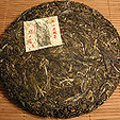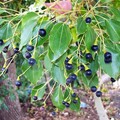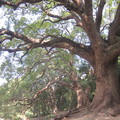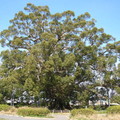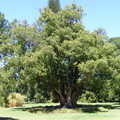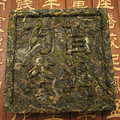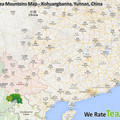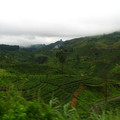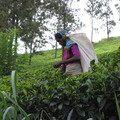 1 review
Added 04.09.2013 by Eternal Spring,
Tea status: [251] A
7247x
1 review
Added 04.09.2013 by Eternal Spring,
Tea status: [251] A
7247xCategory: Pu-erh
Country: China
Province: Yunnan
Producer: Menghai Banzhang Tea Factory
Shop: Cha Wang Shop

Tags: Sheng - Raw Puerh , Tuocha , Bulang , Menghai , Tea from 2005 till 2010
Description:
This tuo is composed from spring material from Menghai area (most from Bulang mountain) and from different years. The quality and selection of raw material are much more better than 2008 Menghai Tuocha we also offer. Traditional sun-dried material was blended well and pressed careful. Tightly compression is good for long term storage. This tea was stored few years in Menghai and then moved to Kunming. Humid, hot and clean Menghai storage is big benefit for maturation.
Mellow but still powerfull. Typical Menghai taste with honey and floral aroma. Huigan is quickly, with long herbal sweet aftertaste.
The name Banzhang tuocha is not means this tuo come from any Banzhang village. It is only commercial name for this product.
At the end of 2007, the puer tea market bubble burst, followed by a large amount of low-end products is unsalable. But fortunately the quality of this tea was not affected by the "2007 puerh fever"!
The tuo come in original paper box and is Certificed Organic Product (OFDC).
Production date : 07/2007

 Shops
Shops







 Share on Facebook
Share on Facebook










